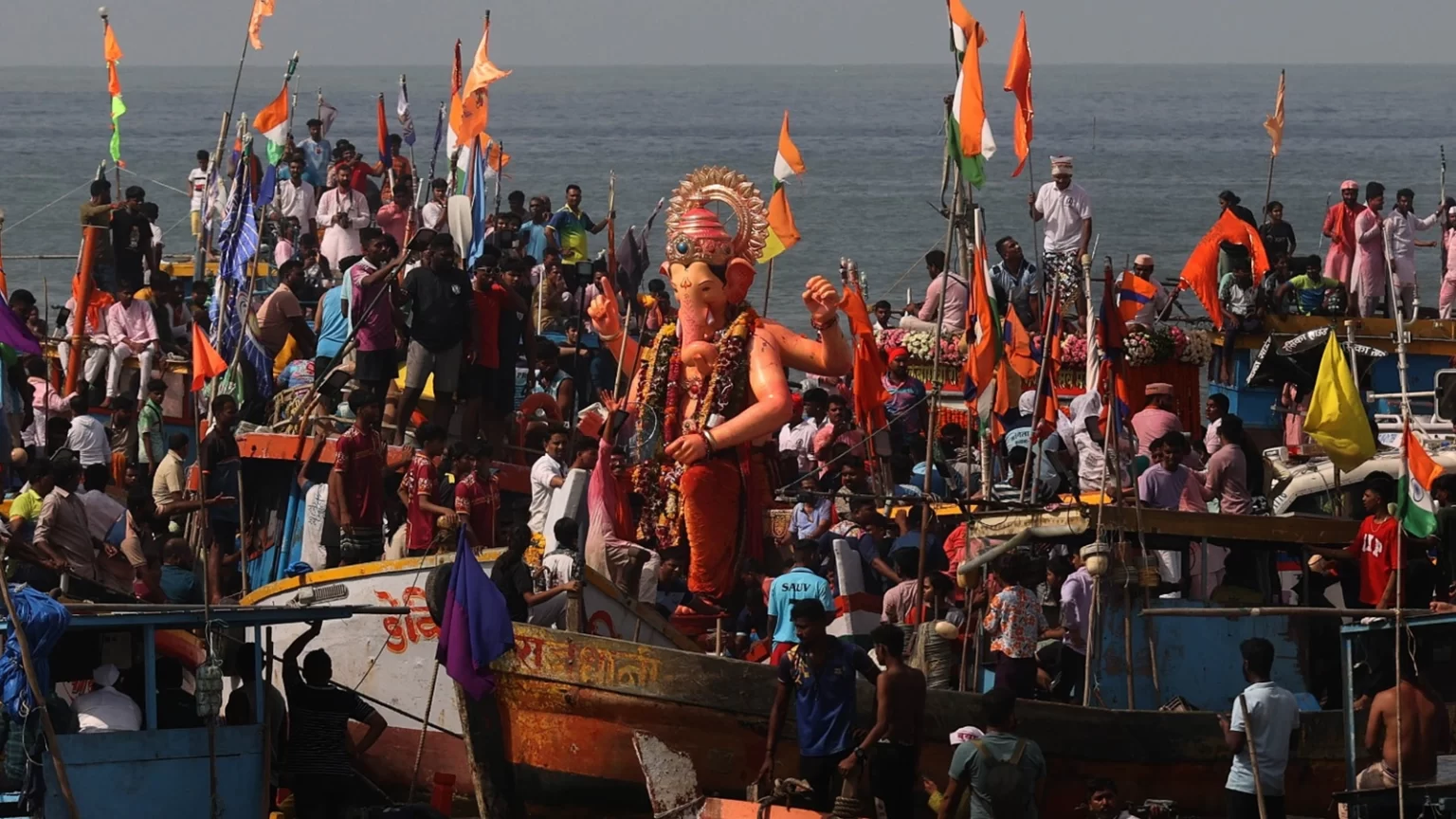In “Religion and the Illusion of Equality,” Devdutt Pattanaik explores the complex relationship between religion and the concept of equality in society. He argues that while religions often promote ideals of equality, the hierarchical structures within them can perpetuate social stratification and discrimination.

Source:- bbc news
Pattanaik examines how many religions establish a moral framework that espouses the value of all individuals. However, he highlights that these beliefs are frequently contradicted by historical and cultural practices. For instance, in many traditions, certain groups are deemed more ‘pure’ or ‘worthy’ than others, leading to systemic inequalities that persist despite the proclaimed ideals.
Source:- bbc news
He also delves into the psychological aspects of religion, suggesting that the notion of equality can be an illusion created by the faithful. People may feel equal in the eyes of the divine, yet in practical terms, social divisions remain deeply entrenched. This paradox can lead to disillusionment and conflict, as individuals grapple with the disparity between religious teachings and lived realities.
Pattanaik emphasizes the importance of acknowledging these contradictions and encourages a critical examination of how religious beliefs are interpreted and practiced. By understanding the complexities of religion and its impact on societal structures, he advocates for a more genuine approach to equality—one that transcends mere ideological assertions and confronts the realities of discrimination.
Ultimately, Pattanaik’s analysis serves as a reminder that while religion can inspire a vision of equality, it is essential to confront the underlying hierarchies that challenge this vision. Only through such reflection can societies move towards a more equitable existence, aligning their spiritual beliefs with actionable social justice.
Share your views in the comments

